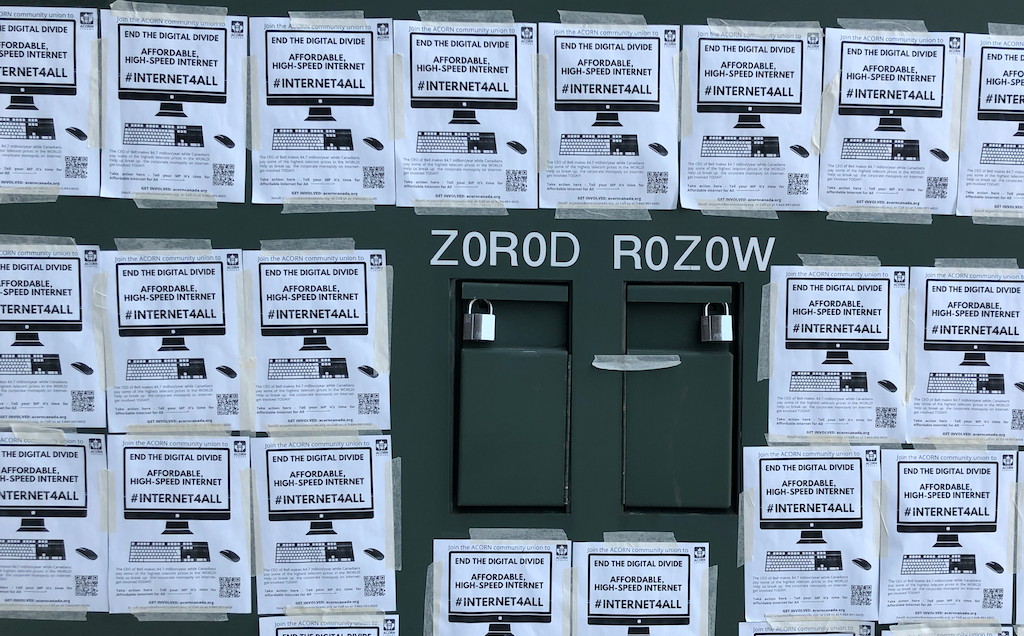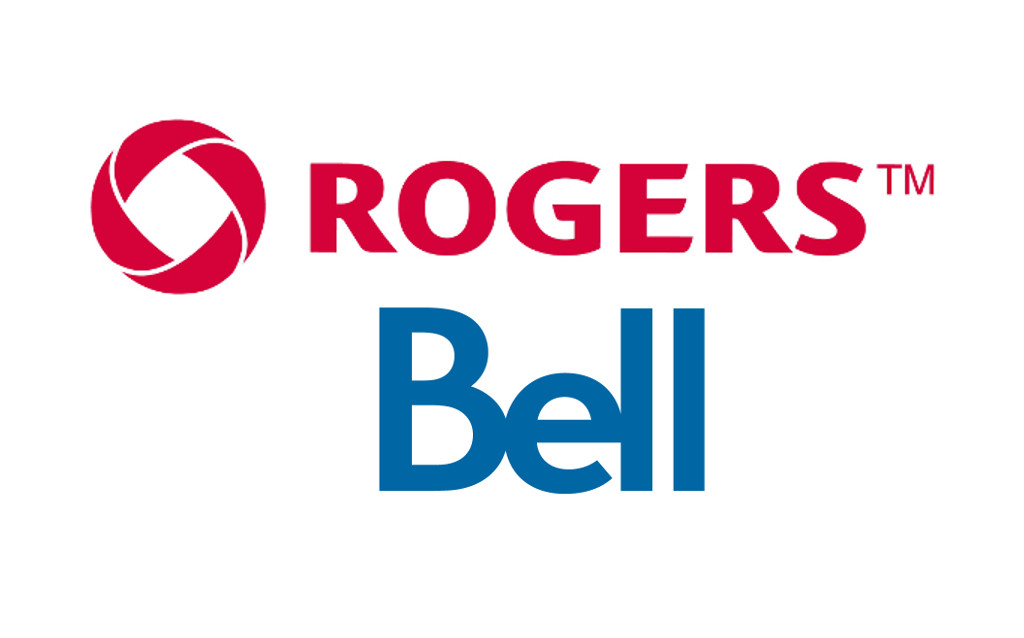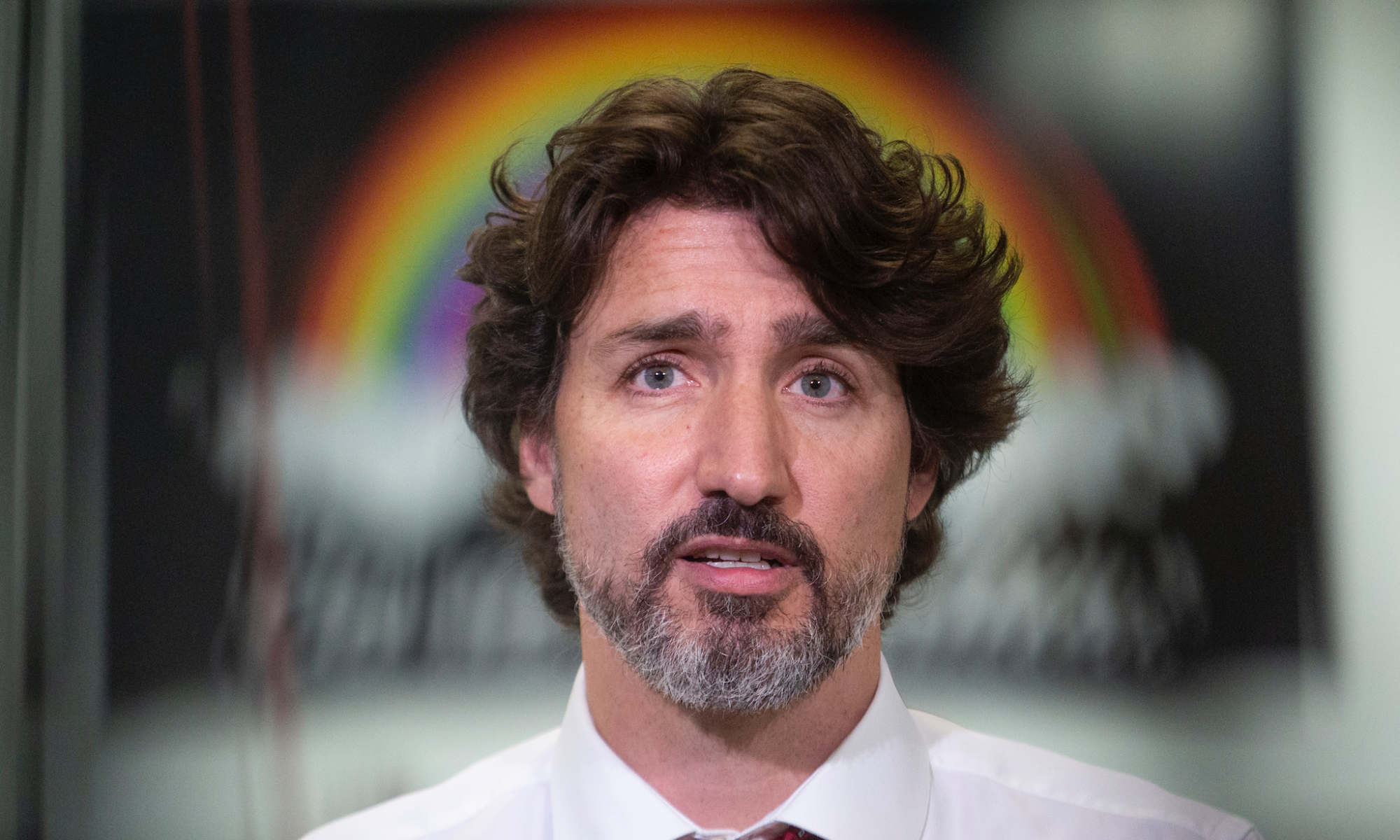The CRTC Thursday announced that it is setting permanent rates for third-party aggregated wholesale access to the level of interim rates established in 2016, before an August 2019 decision dramatically slashed the rates incumbent telecom companies were allowed to charge independent internet service providers (ISPs).
The 2019 rates never came into effect because of a Federal Court of Appeal stay.
In reinstating the higher 2016 rates, the CRTC has done away with much of the retroactive payments that the 2019 decision would have — had it not been stayed by the courts — required incumbents to give to the smaller ISPs. There will be some retroactive payments to ISPs, flowing from the Thursday decision’s removal of a 10 per cent supplementary markup for incumbent local exchange carriers that was initially allowed under the 2016 decision.
While it remains unclear just how much incumbents will have to pay in retroactive payments, it will be significantly lower than the windfall for ISPs expected under the 2019 decision.
Effectively, the rates released by the CRTC Thursday are consistent with the rates currently charged to ISPs by incumbents, except for a slight reduction in some cases resulting from the removal of the 10 per cent markup. Apart from the removal of the supplementary markup, the decision largely undoes the three-year costing process that led to the 2019 rates.
In deciding not to launch another review of the rates in light of errors in the original decision identified by the commission, the CRTC wrote that it “estimates that the majority of these rates would approach and be comparable to those currently in place on an interim basis, with some ILEC access rates exceeding the interim rates.”
“In order to complete a fulsome revision to the cost studies, further information is required. This would result in prolonging the period of time without final aggregated wholesale HSA service rates in place, a situation that has already existed in the market for more than four years, by likely another year,” the CRTC wrote in the decision.
The decision is another blow to competitive ISPs, who in April saw their ambitions for mandated broad-based mobile virtual network access dashed by another CRTC decision, which rejected their proposals in favour of a limited model that would see only regional players with spectrum assets able to avail of mandated access to incumbent wireless networks.
For Competitive Network Operators of Canada (CNOC) chair and Distributel Communications Ltd. CEO Matt Stein, Thursday’s decision left him “absolutely shocked.”
“What an amazing flip-flop from the CRTC,” he said in a phone interview with The Wire Report, adding that he feels the decision “directly flies in the face of the 2019 policy direction.”
Stein, who praised the original 2019 decision as “fair” and “reasonable,” said that rates from member companies of CNOC would likely raise consumer prices following on from the decision.
“Realization that rates like [the 2019 decision] aren’t coming — rates even halfway to that aren’t coming — is going to drive competitors to have to raise prices. No choice to raise prices, and probably immediately,” he said.
BCE Inc., for its part, praised the decision in a statement from a spokesperson. “We’re pleased the CRTC has recognized the critical role that network builders play in connecting Canadians everywhere,” the spokesperson wrote in an email to The Wire Report.
“It’s a positive decision that enables the major infrastructure investments Canada needs, including Bell’s accelerated capital plan to connect even more Canadians and help drive the country’s ongoing recovery, while also ensuring ongoing vigorous competition.”
In its own release, the CRTC said that the goal of the decision is to move toward the disaggregated regime, which has been stalled for the last several years.
“Since 2016, the CRTC’s objective has been to complete the transition to a disaggregated wholesale model for access to the large companies’ high-speed broadband networks,” CRTC chair Ian Scott said in the release.
“This model will foster greater competition and further investments, so that the industry can better serve the needs of Canadians. Today’s decision will allow us to focus on that goal, while providing certainty in the marketplace for Internet service providers.”
The CRTC’s Thursday decision was the last of the three challenges to the 2019 rates mounted by incumbents. The first, a court challenge, ended in defeat in both the Federal Court of Appeal and the Supreme Court of Canada. The second, a petition to cabinet, ended when then-Innovation Minister Navdeep Bains declined to send the decision back to the CRTC but said the 2019 rates were too low. Today’s decision marks the closing of the final outstanding process, though the decision is open to further court challenges.
In a Thursday evening statement, Innovation Minister François-Philippe Champagne said that “wholesale broadband is a proven regulatory tool for enabling retail competition in the Internet service market. Setting the right wholesale rates is important to meeting our priorities when it comes to competition and the availability of high-quality networks for Canadians.”
“We will be reviewing the decision and its implications to ensure they align with our policy priorities of affordability, competition and innovation in the sector,” Champagne said.
In an interview with The Wire Report Thursday evening following the release of the decision, Ian Scott rejected the notion that the decision forces competitor ISPs to raise rates.
“We don’t regulate retail pricing on the internet. Providers decide what they will charge and what profit margin they’ll take,” Scott said.
“The 2019 rates have never been in effect. So claims that say ‘as a result of the decision today, rates will rise’, are incorrect. One does not follow the other. What we established today are final wholesale rates, which is an input cost for those competitors, and they can and will judge themselves accordingly.”
OpenMedia, on the other hand, in a release said the move was the “most anti-consumer decision on record.”
“It’s appalling to see that the CRTC has once again sided with Big Telecom. It’s clear they couldn’t care less about consumers, affordability, or small providers,” OpenMedia executive director Laura Tribe said in the release.
— Reporting by Michael Lee-Murphy at mleemurphy@thewirereport.ca and editing by Hannah Daley at hdaley@thewirereport.ca







